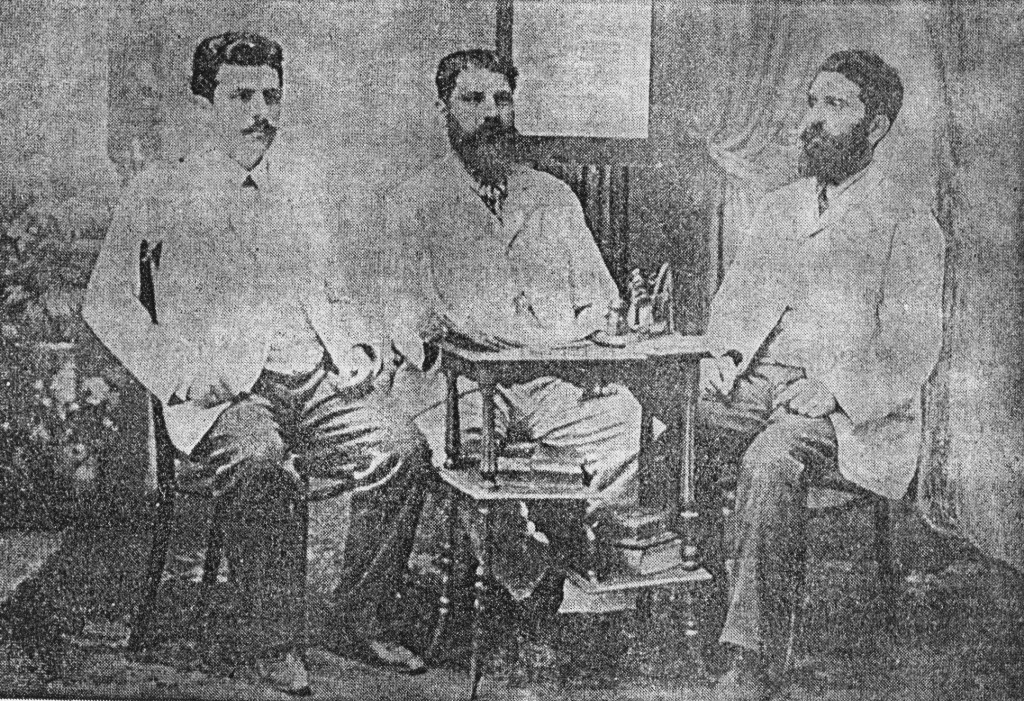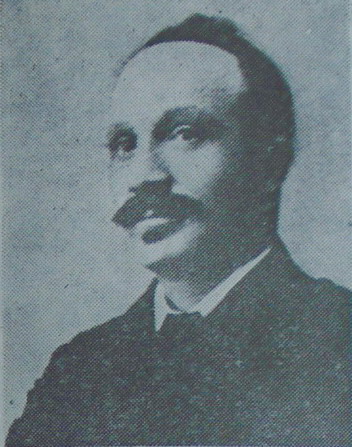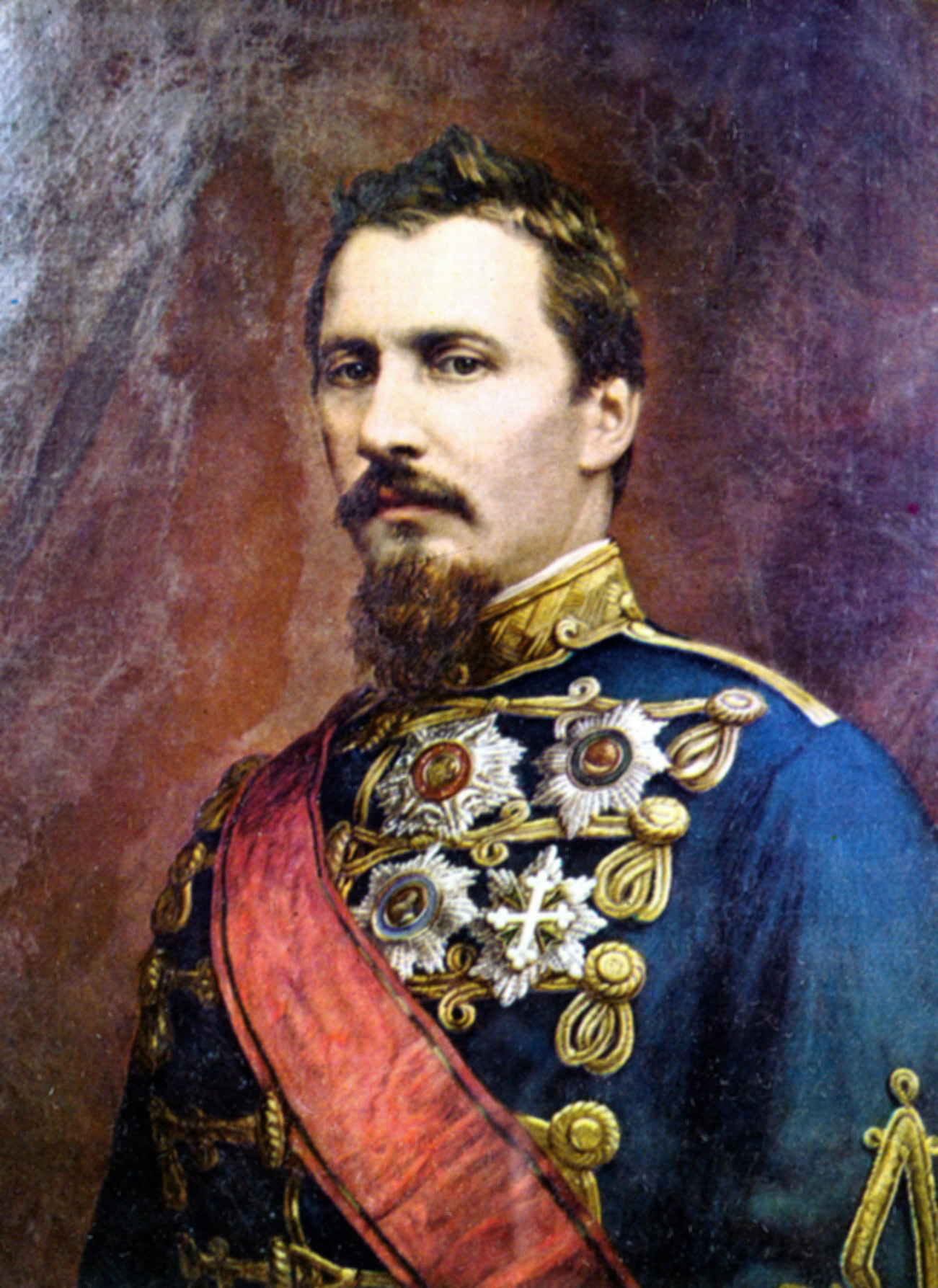|
Constantin Stere
Constantin G. Stere or Constantin Sterea (Romanian; russian: –ö–ĺ–Ĺ—Ā—ā–į–Ĺ—ā–ł–Ĺ –ē–≥–ĺ—Ä–ĺ–≤–ł—á –°—ā–Ķ—Ä–Ķ, ''Konstantin Yegorovich Stere'' or –ö–ĺ–Ĺ—Ā—ā–į–Ĺ—ā–ł–Ĺ –ď–Ķ–ĺ—Ä–≥–ł–Ķ–≤–ł—á –°—ā–Ķ—Ä–Ķ, ''Konstantin Georgiyevich Stere''; also known under his pen name ''»ėńÉrcńÉleanu''; June 1, 1865 ‚Äď June 26, 1936) was a Romanian writer, jurist, politician, ideologue of the '' Poporanist'' trend, and, in March 1906, co-founder (together with Garabet IbrńÉileanu and Paul Bujor ‚ÄĒ the latter was afterwards replaced by the physician Ioan Cantacuzino) of the literary magazine ''Via»õa Rom√ĘneascńÉ''. One of the central figures of the Bessarabian intelligentsia at the time, Stere was a key actor during the Union of Bessarabia with Romania in 1918, and is associated with its legacy. Constantin Stere was professor of Administrative and Constitutional law at the University of IaŇüi, serving as its rector between 1913 and 1916. He is also remembered for his partly autobiographical ... [...More Info...] [...Related Items...] OR: [Wikipedia] [Google] [Baidu] |
Horodi»ôte, Dondu»ôeni
Horodi»ôte is a village in Dondu»ôeni District, Moldova. Natives * *Constantin Stere
Constantin G. Stere or Constantin Sterea (Romanian; russian: –ö–ĺ–Ĺ—Ā—ā–į–Ĺ—ā–ł–Ĺ –ē–≥–ĺ—Ä–ĺ–≤–ł—á –°—ā–Ķ—Ä–Ķ, ''Konstantin Yegorovich Stere'' or –ö–ĺ–Ĺ—Ā—ā–į–Ĺ—ā–ł–Ĺ –ď–Ķ–ĺ—Ä–≥–ł–Ķ–≤–ł—á –°—ā–Ķ—Ä–Ķ, ''Konstantin Georgiyevich Stere''; also known u ...
Bibliog ...
|
Paul Bujor
Paul Bujor (born Pavel Bujor;MńÉrghitan & Manca»ô, p. 43 August 2, 1862 ‚Äď May 17, 1952) was a Romanian zoologist, physiologist and marine biologist, also noted as a socialist writer and politician. Hailing from rural Covurlui County, he studied biology in France and Switzerland, where he was attracted by left-wing ideas; his evolutionary biology, informed by the work of Carl Vogt, veered into Marxism and irreligion. Returning to the Kingdom of Romania, he was a junior member of the Romanian Social Democratic Workers' Party, active on its moderate wing. He earned the critics' attention in the 1890s as a short story writer with a socialist and pacifist message, but only returned to fiction writing briefly, in the 1930s. An award-winning ichthyologist, Bujor was hired by the University of Ia»ôi, where he taught for 41 years, and throughout the period worked on documenting the Black Sea fauna, and made discoveries concerning the environment of Techirghiol Lake. He inaugurated the Roman ... [...More Info...] [...Related Items...] OR: [Wikipedia] [Google] [Baidu] |
Boyar
A boyar or bolyar was a member of the highest rank of the Feudalism, feudal nobility in many Eastern European states, including Kievan Rus', Bulgarian Empire, Bulgaria, Russian nobility, Russia, Boyars of Moldavia and Wallachia, Wallachia and Moldavia, and later Romania, Lithuanian nobility, Lithuania and among Baltic German nobility, Baltic Germans. Boyars were second only to the ruling knyaz, princes (in Bulgaria, tsars) from the 10th century to the 17th century. The rank has lived on as a surname in Russia, Finland, Lithuania and Latvia where it is spelled ''Pajari'' or ''BajńĀrs/-e''. Etymology Also known as bolyar; variants in other languages include bg, –Ī–ĺ–Ľ—Ź—Ä or ; rus, –Ī–ĺ—ŹŐĀ—Ä–ł–Ĺ, r=boyarin, p=b…źňąj√¶r ≤…™n; ; ro, boier, ; and el, ő≤őŅő≥őĻő¨ŌĀőŅŌā. The title Boila is predecessor or old form of the title Bolyar (the Bulgarian language, Bulgarian word for Boyar). Boila was a title worn by some of the Bulgars, Bulgar aristocrats (mostly of regional governors a ... [...More Info...] [...Related Items...] OR: [Wikipedia] [Google] [Baidu] |
Soroca County (Romania)
Soroca County was a county (Romanian: ''jude»õ'') in the Kingdom of Romania between 1925 and 1938 and between 1941 and 1944. The seat was Soroca. Geography The county was located in the northeastern part of Greater Romania, in the northeastern region of Bassarabia, on the border with the Soviet Union. Currently its territory is entirely in the Republic of Moldova. It was bordered to the northwest by Hotin County, to the west and southwest by BńÉl»õi County, southeast by Orhei County, and to the east and north-east with the USSR. History After the Union of Bessarabia with Romania in 1918, the county belonged to Romania, which set up the county formally in 1925. The first prefect of Soroca County was Vasile SńÉcarńÉ in 1918. After the 1938 ''Administrative and Constitutional Reform'', this county merged with the counties BacńÉu, Baia, BńÉl»õi, Boto»ôani, Ia»ôi, Neam»õ, Roman, and Vaslui to form »öinutul Prut. The area of the county was occupied by the Soviet Union in 1940 and ... [...More Info...] [...Related Items...] OR: [Wikipedia] [Google] [Baidu] |
Russian Revolution (1917)
The Russian Revolution was a period of political and social revolution that took place in the former Russian Empire which began during the First World War. This period saw Russia abolish its monarchy and adopt a socialist form of government following two successive revolutions and a bloody civil war. The Russian Revolution can also be seen as the precursor for the other European revolutions that occurred during or in the aftermath of WWI, such as the German Revolution of 1918. The Russian Revolution was inaugurated with the February Revolution in 1917. This first revolt focused in and around the then-capital Petrograd (now Saint Petersburg). After major military losses during the war, the Russian Army had begun to mutiny. Army leaders and high ranking officials were convinced that if Tsar Nicholas II abdicated, the domestic unrest would subside. Nicholas agreed and stepped down, ushering in a new government led by the Russian Duma (parliament) which became the Russian Provi ... [...More Info...] [...Related Items...] OR: [Wikipedia] [Google] [Baidu] |
Autobiographical Novel
An autobiographical novel is a form of novel using autofiction techniques, or the merging of autobiographical and fictive elements. The literary technique is distinguished from an autobiography or memoir by the stipulation of being fiction. Because an autobiographical novel is partially fiction, the author does not ask the reader to expect the text to fulfill the "autobiographical pact".Philippe Lejeune"Autobiographical Pact," pg. 19 Names and locations are often changed and events are recreated to make them more dramatic but the story still bears a close resemblance to that of the author's life. While the events of the author's life are recounted, there is no pretense of exact truth. Events may be exaggerated or altered for artistic or thematic purposes. Novels that portray settings and/or situations with which the author is familiar are not necessarily autobiographical. Neither are novels that include aspects drawn from the author's life as minor plot details. To be consid ... [...More Info...] [...Related Items...] OR: [Wikipedia] [Google] [Baidu] |
Rector (academia)
A rector (Latin for 'ruler') is a senior official in an educational institution, and can refer to an official in either a university or a secondary school. Outside the English-speaking world the rector is often the most senior official in a university, whilst in the United States the most senior official is often referred to as president and in the United Kingdom and Commonwealth of Nations the most senior official is the chancellor, whose office is primarily ceremonial and titular. The term and office of a rector can be referred to as a rectorate. The title is used widely in universities in EuropeEuropean nations where the word ''rector'' or a cognate thereof (''rektor'', ''recteur'', etc.) is used in referring to university administrators include Albania, Austria, the Benelux, Bosnia and Herzegovina, Bulgaria, Croatia, Cyprus, Czech Republic, Denmark, Estonia, Finland, Germany, Greece, Hungary, Iceland, Italy, Latvia, Malta, Moldova, North Macedonia, Poland, Portugal, Romani ... [...More Info...] [...Related Items...] OR: [Wikipedia] [Google] [Baidu] |
University Of IaŇüi
The Alexandru Ioan Cuza University (Romanian: ''Universitatea ‚ÄěAlexandru Ioan Cuza"''; acronym: UAIC) is a public university located in Ia»ôi, Romania. Founded by an 1860 decree of Prince Alexandru Ioan Cuza, under whom the former Academia MihńÉileanńÉ was converted to a university, the University of Ia»ôi, as it was named at first, is one of the oldest universities of Romania, and one of its advanced research and education institutions. It is one of the five members of the ''Universitaria Consortium'' (the group of elite Romanian universities). The Alexandru Ioan Cuza University offers study programmes in Romanian, English, and French. In 2008, for the third year in a row, it was placed first in the national research ranking compiled on the basis of Shanghai criteria. In the 2012 QS World University Rankings, Alexandru Ioan Cuza University was included in the Top 700 universities of the world, on the position 601+ , together with three other Romanian universities. The univers ... [...More Info...] [...Related Items...] OR: [Wikipedia] [Google] [Baidu] |
Constitutional Law
Constitutional law is a body of law which defines the role, powers, and structure of different entities within a State (polity), state, namely, the executive (government), executive, the parliament or legislature, and the judiciary; as well as the basic rights of citizens and, in federal countries History of the United States Constitution, such as the United States and Provinces of Canada, Canada, the relationship between the central government and state, provincial, or territorial governments. Not all nation states have codified constitutions, though all such states have a ''jus commune'', or law of the land, that may consist of a variety of imperative and consensual rules. These may include custom (law), customary law, Convention (norm), conventions, statutory law, precedent, judge-made law, or international law, international rules and norms. Constitutional law deals with the fundamental principles by which the government exercises its authority. In some instances, these princi ... [...More Info...] [...Related Items...] OR: [Wikipedia] [Google] [Baidu] |
Administrative Law
Administrative law is the division of law that governs the activities of government agency, executive branch agencies of Forms of government, government. Administrative law concerns executive branch rule making (executive branch rules are generally referred to as "regulations"), adjudication, or the enforcement of laws. Administrative law is considered a branch of public law. Administrative law deals with the decision-making of such administrative units of government that are part of the executive branch in such areas as international trade, manufacturing, the Environment (biophysical), environment, taxation, broadcasting, immigration, and transport. Administrative law expanded greatly during the 20th century, twentieth century, as legislative bodies worldwide created more government agencies to regulate the social, economic and political spheres of human interaction. Civil law countries often have specialized administrative courts that review these decisions. In civil law ... [...More Info...] [...Related Items...] OR: [Wikipedia] [Google] [Baidu] |
Union Of Bessarabia With Romania
The union of Bessarabia with Romania was proclaimed on by Sfatul »öńÉrii, the legislative body of the Moldavian Democratic Republic. This state had the same borders of the region of Bessarabia, which was annexed by the Russian Empire following the Treaty of Bucharest of 1812 and organized first as an ''Oblast'' (autonomous until 1828) and later as a Governorate. Under Russian rule, many of the native Tatars were expelled from parts of Bessarabia and replaced with Moldavians, Wallachians, Bulgarians, Ukrainians, Greeks, Russians, Lipovans, Cossacks, Gagauzes and other peoples, although colonization was not limited to formerly Tatar-inhabited lands. Russia also tried to integrate the region by imposing the Russian language in administration and restricting education in other languages. The beginning of World War I caused an increase in national awareness among the Bessarabians, and, following the beginning of the Russian Revolution in 1917, Bessarabia proclaimed its own parliament ... [...More Info...] [...Related Items...] OR: [Wikipedia] [Google] [Baidu] |
Intelligentsia
The intelligentsia is a status class composed of the university-educated people of a society who engage in the complex mental labours by which they critique, shape, and lead in the politics, policies, and culture of their society; as such, the intelligentsia consists of scholars, academics, teachers, journalists, and literary writers. Conceptually, the intelligentsia status class arose in the late 18th century, during the Partitions of Poland (1772‚Äď1795). Etymologically, the 19th-century Polish intellectual BronisŇāaw Trentowski coined the term ''inteligencja'' (intellectuals) to identify and describe the university-educated and professionally active social stratum of the patriotic bourgeoisie; men and women whose intellectualism would provide moral and political leadership to Poland in opposing the cultural hegemony of the Russian Empire. In pre‚ÄďRevolutionary (1917) Russia, the term ''intelligentsiya'' (russian: –ł–Ĺ—ā–Ķ–Ľ–Ľ–ł–≥–Ķ–Ĺ—Ü–ł—Ź) identified and described the s ... [...More Info...] [...Related Items...] OR: [Wikipedia] [Google] [Baidu] |


_-_contrast.jpg)




